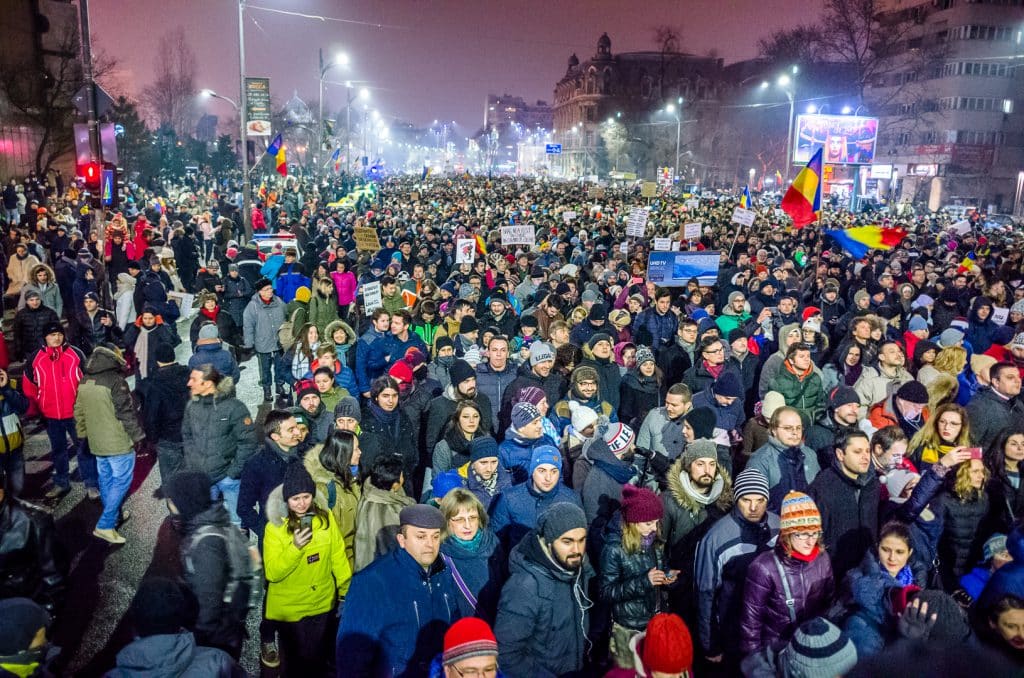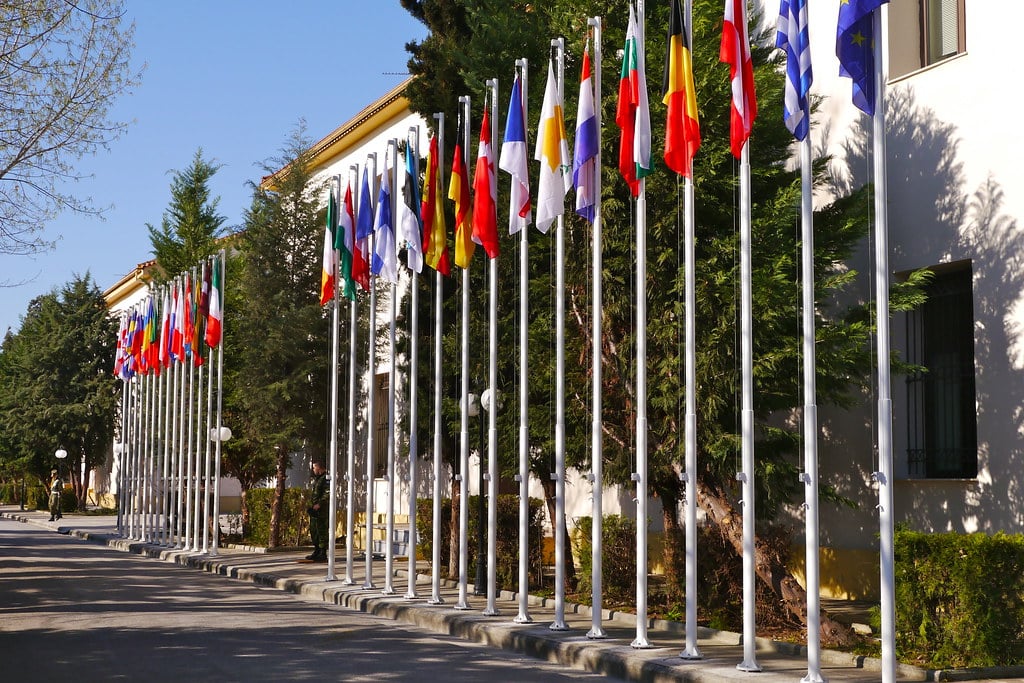For a number of years, Romania's anti-corruption prosecution was able to secure resounding convictions. The government has stopped that momentum, trying to muzzle the prosecution and ignoring the independent governing body of the judiciary. However, this does not yet translate into a lower score on Transparency International's Corruption Perception Index.
Top prosecutor's office under fire
Since prosecutors are very difficult to dismiss, the justice minister has come up with something else to get rid of overly independent magistrates at the top of the prosecution: scathing management evaluations. Such a procedure has previously been used to sack the head of the anti-corruption unit, Ms Kövesi. She, because of the convictions she got around, bred great hostility among the establishment. And now it is the turn of the head of the prosecution, Augustin Lazăr. His performance too, according to the minister, cannot pass muster. The government then proposes tamer replacements.
Timmermans angry over bills
The Romanian government has taken a number of controversial measures that, taken together, will make it more difficult to sentence corrupt politicians to hefty prison sentences. There have also been rumours for some time about an amnesty scheme in the pipeline for the convicted among them. Moreover, the government has taken advantage of the poor conditions in prisons to give inmates expanded opportunities for reduced sentences with compensation, instead of improving prison conditions.
The European Commission is reacting negatively to these developments. The latest progress report on the rule of law in Romania was highly critical, and Vice-President Timmermans has repeatedly warned in the press that Romania risks slipping again after several years of progress. In a speech before the European Parliament, he complained that the Romanian parliament and government were not listening to him.
And that's right. You will not easily hear Romanian politicians beating the nationalist drum internationally, as Poland and Hungary do. But domestically, the response to EU pressure is to say loudly that they are not a vassal state and that sovereign Romania can decide for itself how to run its affairs.
Citizens
Transparency International's newly released 2018 index, which measures perceptions of corruption, shows no substantial difference from last year. Among EU countries, Romania is now even above Hungary, Greece and Bulgaria on the list. However, with legislative proposals giving more leeway to corruption, it remains to be seen whether this will continue.
Image: Mihai Petre/Wikipedia





